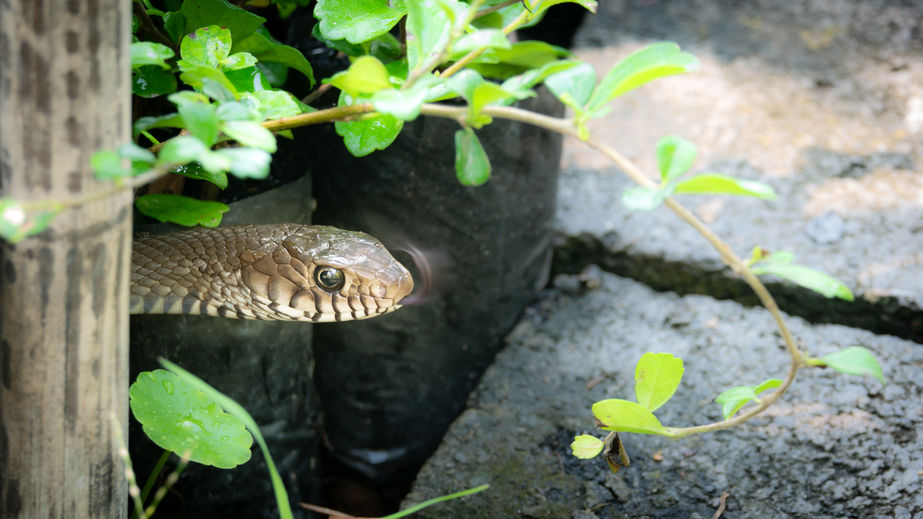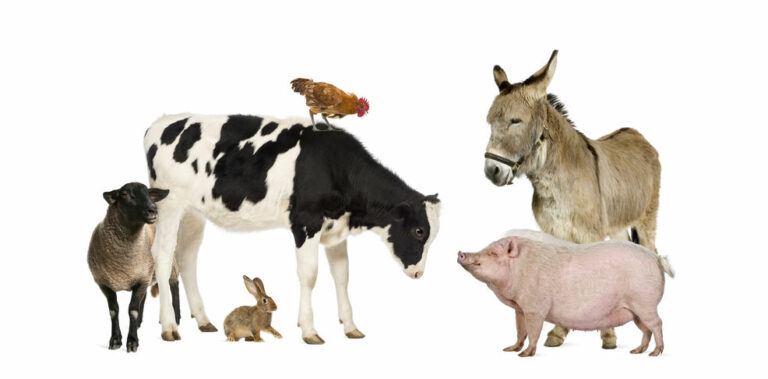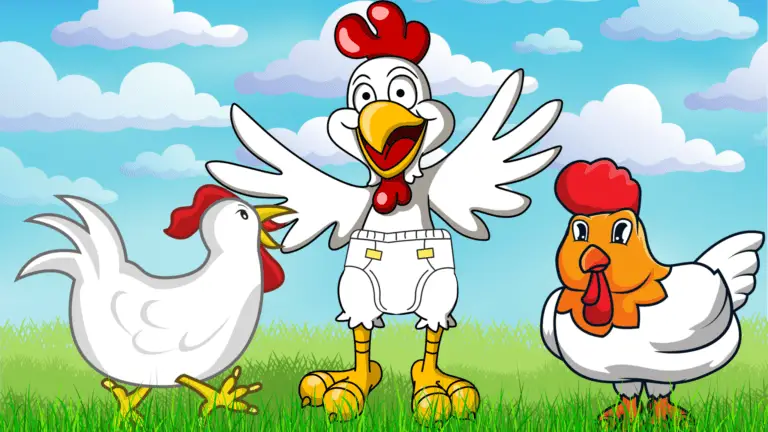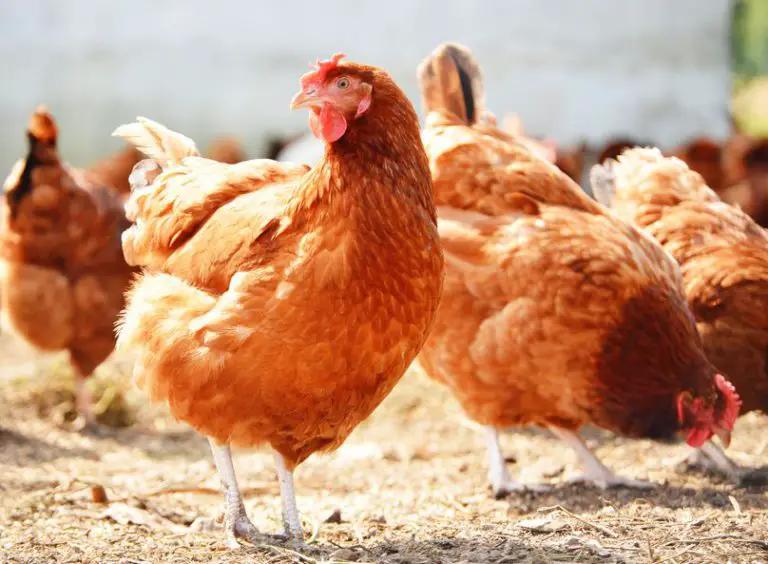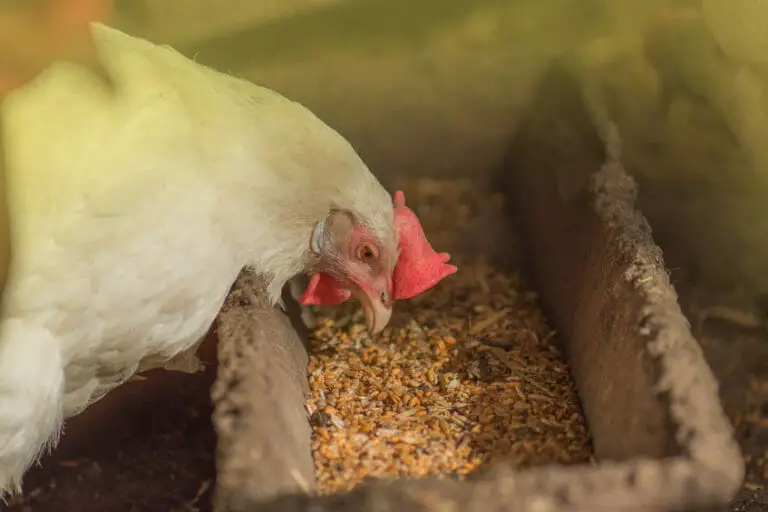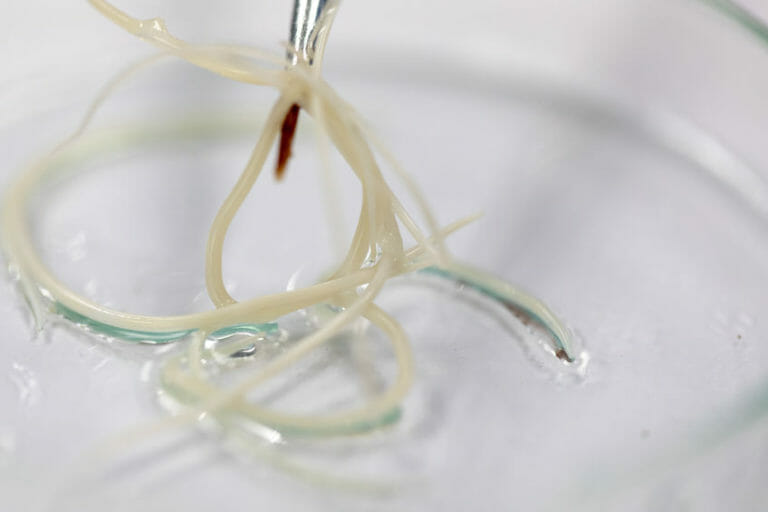How To Keep Snakes Out Of Your Chicken Coop
Most of us loathe snakes of any kind. Going out to gather eggs from the coop has proven to give many chicken owners a shocking scare. A snake curled up in the nesting box around the eggs sends chills up and down the spine. Far worse, blindly reaching in to get the eggs, you discover those aren’t eggs but a snake.
Snakes seem to go hand-in-hand with chicken coops because of their appetite for eggs, small chicks, and rodents that prowl around the coop. To fend off snakes, you are faced with finding a means of pest control. Where do you begin?
We are going to give you some ideas and tips on how to keep snakes out of your chicken coop. Let’s “slither” on in and find out what you can do!
Types of Snakes Attracted to Chicken Coops
The most common types of snakes that have been found to infiltrate coops are rat snakes (chicken snakes,) kingsnakes, corn snakes, and milk snakes. However, other species of snakes have been known to get into chicken coops to feed on chicks and eggs. You are more likely to have a snake problem if you live in rural or wooded areas.
If you do encounter a snake in your chicken coop, use caution when attempting to remove it. What may be a harmless snake could end up being a venomous one.
Signs of Snakes Being in a Chicken Coop
There are telltale signs of snakes getting into your coop.
- Disappearing chicks or bantams
- A decrease in the number of eggs that should typically be present.
- A dead chicken with a wet head. Snakes will kill a hen trying to get in the way of it and the eggs or chicks. A standard-sized chicken is too large for the snake to eat, but it will attempt to swallow it, accounting for the wet head.
- Snakeskin
- Pieces of eggshell (snakes spit them back up)
Ways to Keep Snakes Out of the Coop
The best way to keep snakes out of the chicken coop is by ensuring they have no way to get in. A snake-proof chicken coop is one that has a barrier at all possible entries. Alternatively, you can use a few other strategies to deter snakes. Remember that any opening as small as ½” is big enough for a snake to enter.
Barrier Placement
Snake fencing ⅛” or wire mesh provides protection for keeping snakes out of the chicken coop.
- Cover all access areas that a snake can get through.
- Rat snakes can scale any type of fencing so keep this in mind when using a barrier. The best type of coop when it comes to these snakes is an enclosed coop/run with wall-to-wall and ceiling/roof coverage.
- Ensure that you have an ample apron installed around the exterior of the entire coop/run. It should be buried and weighted down to ward off other predators who dig or squeeze their way through.
- Seal all cracks to the coop.
Install a Coop Camera
Installing a coop camera will help you to monitor your chickens. Cameras have detection settings that will alert you to movement in the area of view. The biggest plus in having a coop camera is you have a way to find out how predators are getting into the coop!
Rodent-Proof the Area
Snakes are attracted to mice and rats. Rodents are, in turn, attracted to chicken feed. The thing to prevent having a rodent problem is to prevent them from getting to the feed. Rodent-proof chicken feeders are ideal and range from metal ones you can purchase or DIY ideas to make your own. Feeding your chickens inside the coop/run is best, providing you have an ample barrier between the interior and exterior of the coop/run. When feeding your chickens outside the coop, you not only attract rodents but unwanted predators. And again, where there are rodents and small animals, there will be snakes.
Frequent Egg Removal
Gathering eggs as often as possible deters snakes because you have removed the very thing they come to eat.
Guinea Fowl
Guinea fowl are known to antagonize snakes to the point most snakes will leave the area. These loud, quirky birds have an amazing warning system and will squawk when anything outside the norm occurs in the area. They are incredibly inquisitive, and between squawking and their curiosity-driven behavior, they will let you know when a snake is present. There’s a lot of debate out there that guinea fowl eat snakes or will peck them to death. Unfortunately, unless that snake is tiny, the guineas won’t eat it.
The downsides to having guinea fowl include the fact that they are loud, but they have been known to pick on chickens. Guineas can wander off because they lack enough sense to stay within safe boundaries. It’s not uncommon to find them casually strutting across busy roads or wandering fields. They easily put themselves at risk of being attacked by predators, run over, or just plain ole getting lost from too much wandering.
Cats
Unlike guinea fowl, cats are stealthy stalkers, and their curiosity can get them killed by a snake. Cats, by nature, love to swat at moving objects. Swatting at a venomous snake is not something you want your cat doing. Having cats around chickens proves to be risky as well because cats may kill chicks and attempt to attack larger chickens. Feral cats are more likely to attack or kill chickens than domesticated cats.
Remove Hiding Places in and Around the Area
It goes without saying that if you have an area conducive to snake habitats, the chances of having a snake problem significantly increases. Things that provide great hiding places for snakes should be eliminated if possible or relocated far away from your coop. Wood, rock, or brush piles are ideal for snakes to inhabit.
Avoid Overwatering Your Yard
Wet yards attract creatures that, in turn, attract snakes. Birds, rodents, frogs, small snakes, and slugs seek out wet environments to feed. And of course, snakes feed on small things like those that feed in that area.
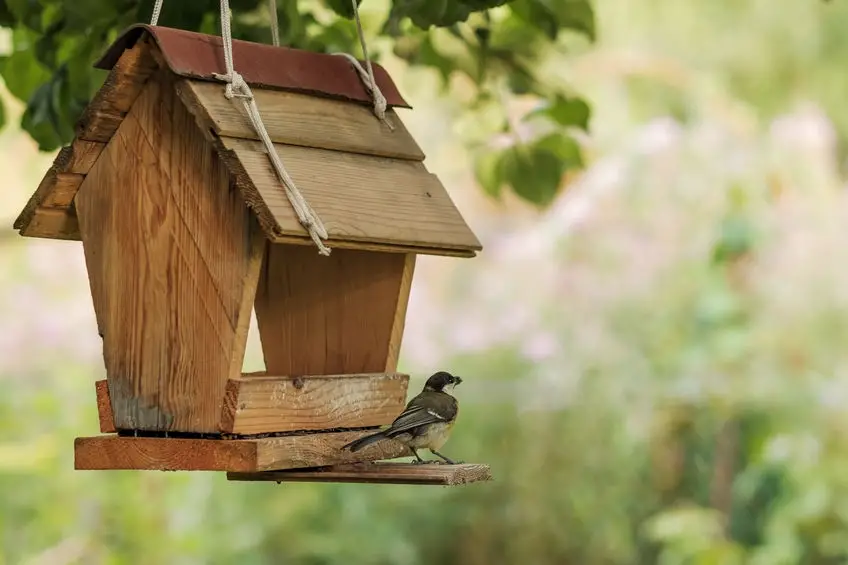
Rethink Your Bird Feeder
We all love watching wild birds, and keeping feeders around to attract them is something we enjoy doing. However, you’re also attracting critters that attract snakes. Rodents and squirrels come from afar to feed on feed spillage that hit the ground. They also climb or jump onto the feeder itself. Avoid having a bird feeder is one solution, or you can relocate it away from your coop. Installing a shield or guard on the feeder is yet another solution along with a seed catching hammock under the feeder.
Landscape Management
Things such as keeping your grass mowed help to deter snakes. They much more prefer the protection of longer grass when moving about. Shrubs are a snakes haven to hide in. Not only will they hide underneath them, but up inside them. If you have shrubs, keep this in mind and keep them trimmed short and high above the ground, if possible.
Stone walls, hardscape areas with cracks, and crevices attract snakes. As much as we want to add stones, cinder blocks, or bricks around the coop, avoid doing so to deter snakes.
Don’t Feed Pets or the Wildlife Outside
Anytime you place food of any kind outside, whether you are feeding pets, feral animals, or wildlife, you risk attracting rodents and other small animals. And behind them, you will have snakes.
Trapping and Snake Repellant
Trapping is an option if done humanely and correctly. Minnow traps are ideal for trapping a snake. Simply place a few eggs inside the trap and strategically place the trap in or around the coop. Snakes enter the trap but are unable to exit. Safely relocate the snake or have a snake removal service do it for you.
Many chicken owners have wondered if Snake Away is safe for chickens? What we discovered may surprise you!
Snake repellants aren’t effective regardless of the advertising put out there by companies that sell the products. The main ingredients found in snake repellents (such as Snake Away) are sulfur and naphthalene, both of which prove ineffective and highly toxic for chickens and other animals. You should never use Snake Away if you have chickens or pets. Researchers discovered evidence of snake repellent efficacy is lacking. California went as far as denying registration of such products.
Like this post? Pin it
The Last “Cluck”
We hope we have shed some light on a rather unpleasant predator that we all will encounter in a coop at some point or another. Learning about different ways on how to keep snakes out of your chicken coop will prove useful. Where there are chickens and eggs, there will be snakes. Nature’s food chain may be a part of life, but we need to do whatever we can to get those snakes moving on down the road to another place of dining rather than our coop!
Happy “chickening!”

